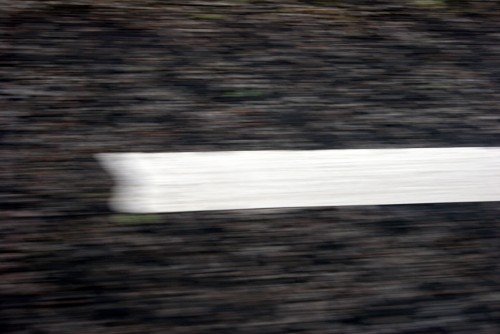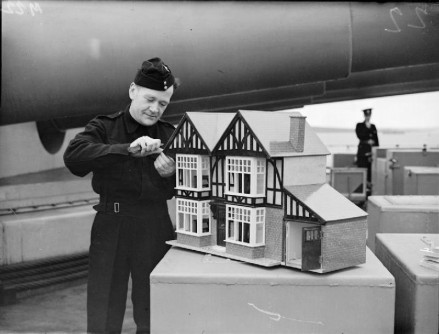Pioneer Park in my hometown of Puyallup, Washington, was once the homestead of Ezra and Eliza Jane Meeker, founders of the town. After the Meekers moved out of their pioneer cabin into a much fancier house a few blocks away, they donated the old homestead to the newly formed city.
Pioneer Park is today the center of Puyallup, surrounded by the public library, the senior center, the post office, two busy coffee shops, City Hall, the school district headquarters, and a big pavilion for weddings and public events. Saturdays and Sundays in the summer, the park is home to a Farmer’s Market, and on Thursdays there are community concerts on the Rotary Stage. There’s a playground in the middle where I spent hours as a kid. On one side of the park is a wading pool, originally built by the Kiwanis Club 91 years ago. On the other side is an open grassy area where high school kids go to play Ultimate Frisbee after school. After September 11, a group of citizens got together to dedicate a memorial statue to the men of Puyallup who gave their lives in war. North of the memorial where the Meeker cabin once stood stands an ivy-covered pergola.
When I meet with people from out of town in either of the two parkside coffee shops, they are likely to open the conversation with a compliment about Pioneer Park. The park says something about the kind of community we are. It is the fulfillment of the Meekers’ vision for their gift.
The great American tradition of local park philanthropy is alive and well. Last week, Houston philanthropists Rich and Nancy Kinder announced a gift of $50 million to the Houston Parks Board for its Bayou Greenways 2020 Project. With tens of millions more coming from various philanthropists and Foundations, the Bayou Greenways 2020 project aims to conserve 1,500 acres of parkland and connect 80 new miles of trails with 70 existing miles of trails along the Houston bayous.
“Creating and preserving parks and greenspace is one of the most important investments we can make in improving the quality of life for all Houstonians,” said Nancy Kinder in the gift announcement. “These parks and trails will be enjoyed for generations.”
Parks are among the humane local institutions that transcend party, ideology, class, and age. They belong alike to rich and poor, liberal and conservative, young and old. They serve the community as places for relationships to flourish—for recreation, arts and entertainment, history, learning, conversation, play, and sometimes commerce. They are full of the memory and promise of human association.
“It is difficult to love a city that is nothing but asphalt and high-rise apartments,” Russell Kirk wrote in 1965. Decrying a proposal by economic developers to pave over much of Los Angeles’s Elysian Park, Kirk asked, “Are our cities meant to be places to live in decently, or are they merely agglomerations devoted to commercial profit?” He concluded, “Though a promoter may create an asphalt desert, only God can make a tree. Let us trust that in most of our cities, the vocal public still is on the side of the angels.”
Nearly half a century after Kirk wrote that, local philanthropists like the Kinders are siding with the angels. They are proving that wealth and conservation are not at odds—they complement each other. From the Meekers of Puyallup to the Kinders of Houston, givers of local parks deserve our thanks.







Parks, of course, are only as good as what people use them for. Mrs. Stock’s Park in Hillsdale is a lovely place, with the beginnings of the St. Joseph River running along its north side, tasteful landscaping done by the loving women of the Garden Club, and picnic and musical agendas all summer long. Across the street is the decaying hulk of Stock’s Mill, the business that allowed Hillsdale to grow, and then helped it to falter. Perhaps the beauty of the park will inspire some entrepreneur to revive the mill. You make a good point, Hans.